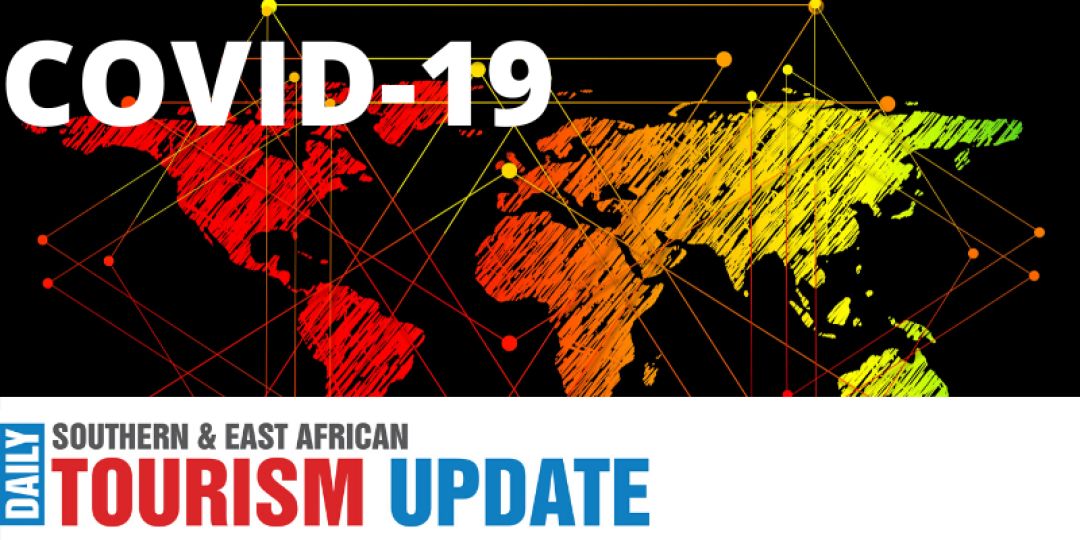Seven new countries/territories/areas (African Region [3], Eastern Mediterranean Region [1], European Region [1], and Region of the Americas [2]) have reported cases of COVID-19.
• The number of confirmed cases worldwide has exceeded 200 000. It took over three months to reach the first 100 00 confirmed cases, and only 12 days to reach the next 100 000.
• A new protocol to investigate the extent of COVID-19 infection in the population, as determined by positive antibody tests in the general population has been developed. The protocol is titled the Population-based age-stratified seroepidemiological investigation protocol for COVID-19 virus infection. See Subject in Focus for details.
SUBJECT IN FOCUS: New protocol for Early Epidemiologic investigations for public health response
With the emergence of COVID-19 virus, many uncertainties remain as to certain epidemiological, seroepidemiological (related to identifying antibodies in the population), clinical and virological characteristics of the virus and associated disease. Studies to assess these characteristics in different settings are critical to furthering our understanding. They will also provide the robust information needed to refine forecasting models and inform public health measures.
As such, WHO, in collaboration with technical partners, has adapted early epidemiological investigations protocols from pandemic influenza and from MERS-CoV, to better understand these characteristics and how they may be used to inform public health measures.
To date, five early seroepidemiological core protocols and data collection forms are available on the WHO COVID-19 Technical guidance website.
All protocols propose a standardized methodology to allow data and biological samples to be systematically collected, taking into consideration local setting and outbreak characteristics, and shared rapidly in a format that can be easily aggregated, tabulated and analyzed across many different settings globally.
For more information, click here.























